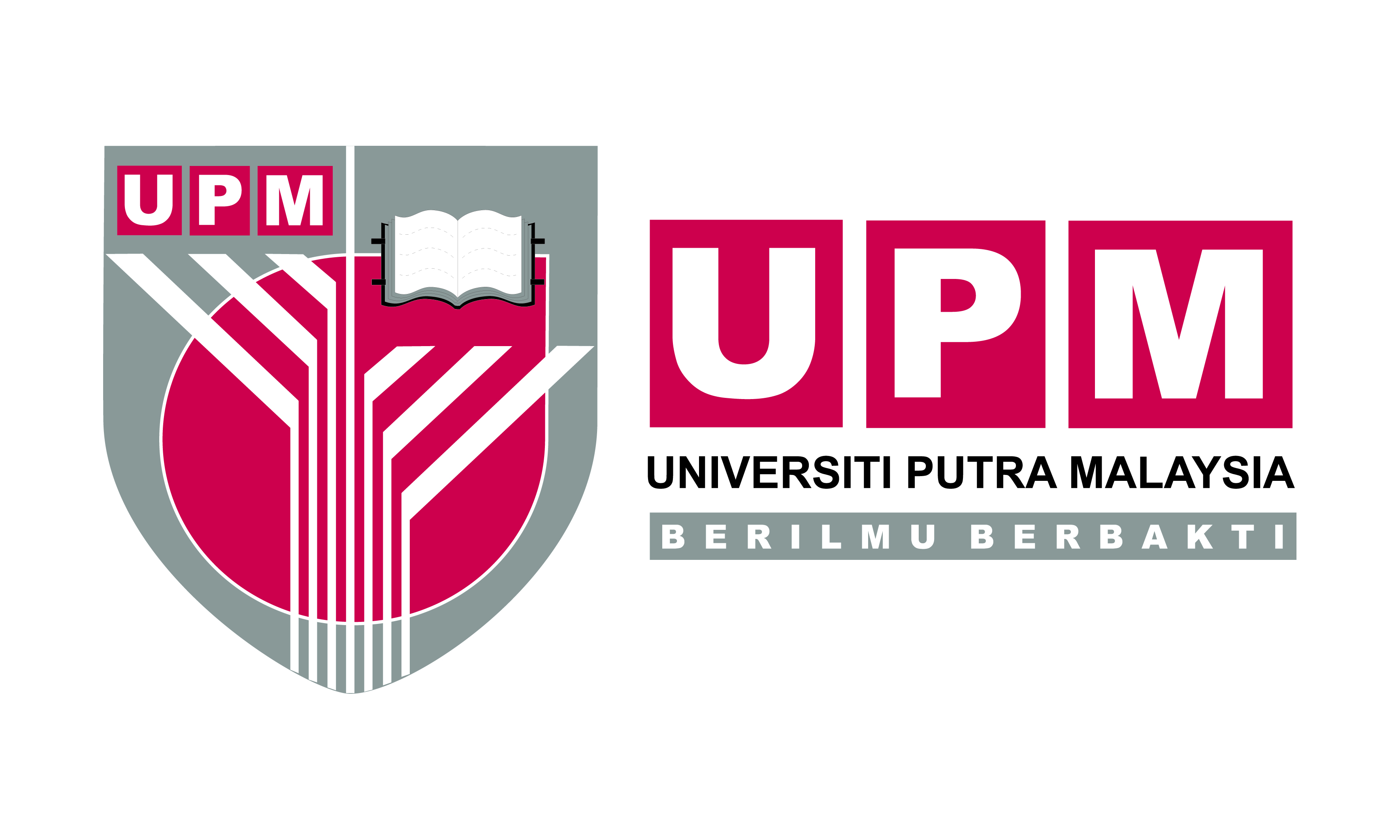
SERDANG, October 4 – Deputy Prime Minister, Dato’ Seri Dr. Ahmad Zahid Hamidi, has proposed that Universiti Putra Malaysia’s Faculty of Modern Languages and Communication (FBMK) be developed as a “national narrative laboratory” to strengthen public discourse through expertise in communication, languages and research.
He suggested this when officiating at Malam Kilauan Mutiara FBMK 2025, an event marking the faculty’s 30th anniversary, which brought together more than 300 alumni, strategic partners and advocates of language, communication and literature.
“This faculty stands at the intersection of knowledge and practice. With its strengths in communication, language and research, FBMK has the potential to serve as the country’s narrative laboratory — training spokespersons, testing communication frameworks for public policy and nurturing a generation that is not only fluent in languages but also adept at shaping national discourse,” he said.
At the ceremony, Ahmad Zahid also announced a contribution of RM350,000 and the establishment of the FBMK Alumni Chapter under the UPM Alumni Association, aimed at strengthening alumni networks. He also launched the Jubli Mutiara coffee table book, witnessed sponsorship contributions and presented the FBMK Alumni Awards.

UPM Vice-Chancellor, Dato’ Prof. Ir. Dr. Ahmad Farhan Mohd Sadullah, said the celebration not only honoured the faculty’s achievements over the past three decades, but also provided a meaningful platform for alumni to reconnect.
“In line with the university’s motto, With Knowledge We Serve, alumni are encouraged to continue sharing their ideas, expertise and support to further develop the faculty and the university, inspiring future generations of students,” he said.
Meanwhile, FBMK Dean, Assoc. Prof. Dr. Hazlina Abdul Halim, reflected on the faculty’s journey, describing its three decades as a period of remarkable growth.

“For 30 years, this faculty has shown that language, literature and communication are not merely academic pursuits but bridges that connect communities, enrich culture, shape national identity and enhance Malaysia’s standing at both national and international levels,” she said.






